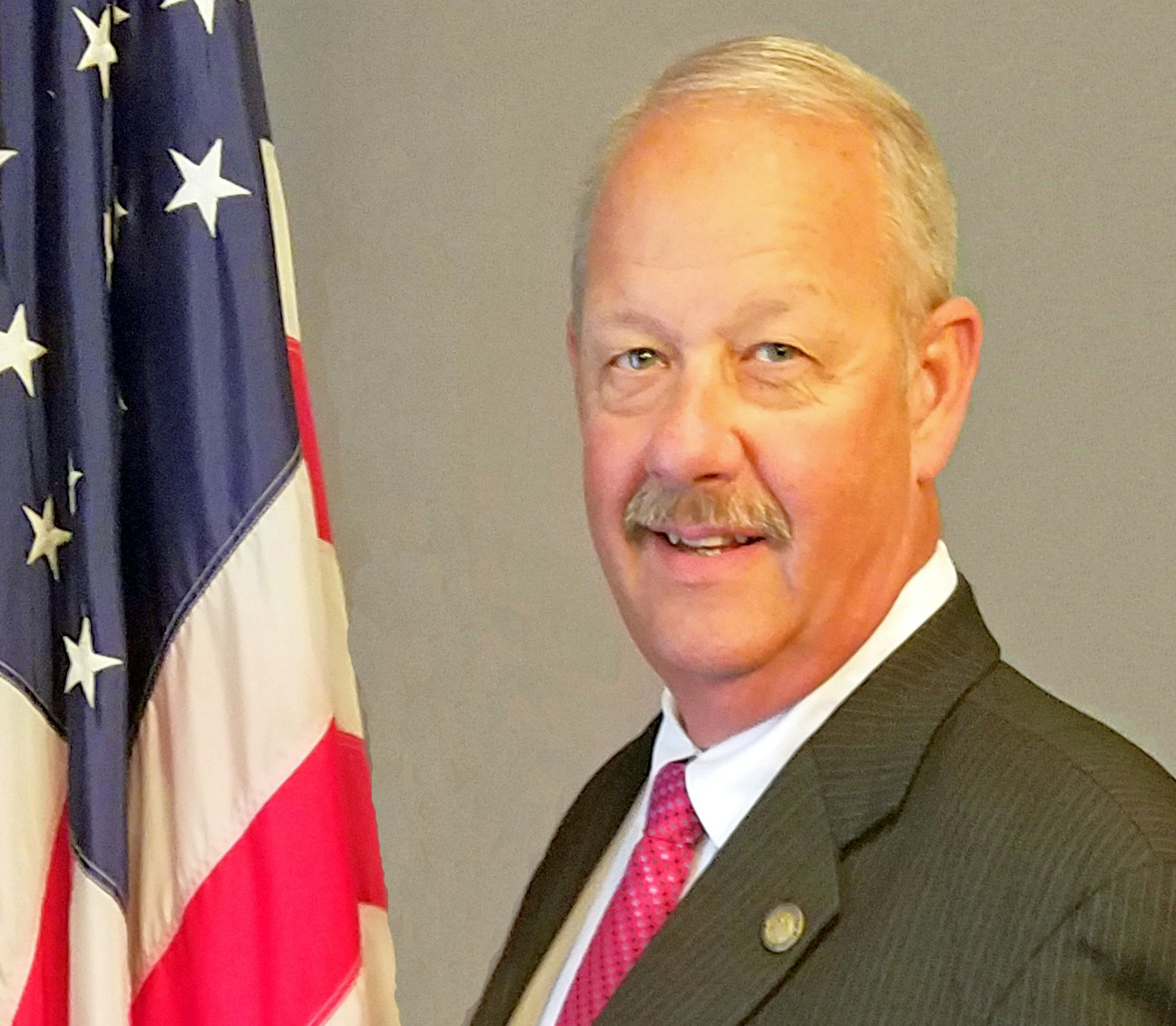Freeeport mayor pushes for ‘fair share' of sales taxes
Freeport generates roughly $15.8 million a year in state sales taxes. The state collects the money, and then sends back roughly $6.2 million to Nassau County and the Town of Hempstead.
The share of sales-tax revenue that Freeport annually receives from the town is around $119,000.
That’s according to an in-depth analysis by Village Mayor Robert Kennedy, who contends that the county and town should give Freeport a significantly larger share of sales-tax revenue. “They don’t, however, and they’re not required to,” Kennedy said.
Freeport is not alone, according to Kennedy, who is also the president of the Nassau County Village Officials Association. He ticked off a list of South Shore villages that generate millions of dollars in sales taxes, but receive only tens of thousands of dollars.
In the case of nearby Rockville Centre, for example, the county and town receive more than $3.5 million in sales tax revenue generated by the village, but Rockville Centre gets $66,749.
Village leaders are rallying together to seek a greater percentage of sales-tax revenue, with 61 villages signing off on a letter asking for change, according to Kennedy.
He said Freeport receives $2.64 in state sales-tax revenue for every resident of the village. Meanwhile, the county and town get $49.50.
“This is unfair,” Kennedy said. “I want our fair share.”
Freeport is a self-sufficient village with its own water, sewer, sanitation and police departments, along with an electric company. It needs a greater share of sales-tax revenue to maintain its services, according to Kennedy.
The mayor said he is determined to resolve this matter, even if it means suing the town and possibly the county.
According to Village Attorney Howard Colton, the county “washes its hands” by saying the town is responsible for determining to whom returned sales-tax revenues should be distributed.
Colton said the town uses the money to balance its budget. Kennedy and Colton said they have attempted to negotiate a resolution to the issue, but have received little response from Town Supervisor Laura Gillen, a Democrat from Rockville Centre who was elected last November.
In an email, a town spokesman wrote, “The town has been discussing the village’s interpretation of the law and looks forward to resolving the matter amicably.”
Kennedy has also contacted County Executive Laura Curran, and has gone back and forth with her in conversations, but the matterremains unresolved. “County Executive Curran promised to share a fair portion of sales-tax revenues to Nassau County villages before her election,” Kennedy said, “but now has reneged.”
“The town is financially benefiting from [the] villages,” Colton said, “and the town’s response is, ‘There’s nothing in the statue that says we cannot do it.”
According to Colton, in the late 1990s, then-County Executive Thomas Gulotta, a Republican from North Merrick, distributed a fair share of revenue to the villages. William Glacken, who became Freeport’s mayor in 1997, later negotiated with Thomas Suozzi, a Democrat who became county executive in 2002, to provide an even greater share of revenue to villages, to be spread out over five years. The revenue-sharing agreement ended in 2009 with the election of Ed Mangano, a Republican from Bethpage, Colton said.
Curran declined to comment for this story.

 55.0°,
Overcast
55.0°,
Overcast 





